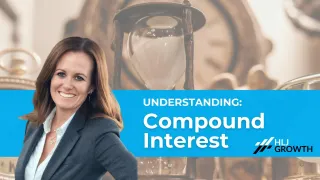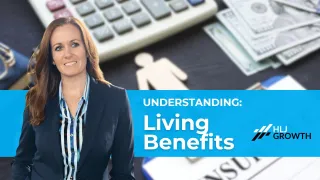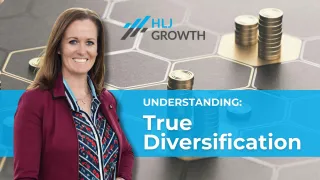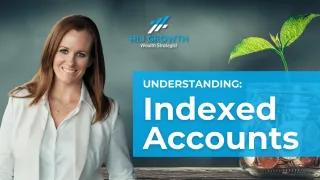
Get the IRS out of Your Retirement!
Learn how different investment and retirement accounts impact your tax liability before, during, and after retirement. ...more
Financial Education
August 06, 2024•5 min read

The Power of Time in Your Investment Strategy: Unlocking Compound Interest
When it comes to building wealth, there's a secret weapon that many people overlook: time. In this article, we'll explore how time impacts your investments and why starting early is crucial for maximi... ...more
Financial Education
July 15, 2024•3 min read

Living Benefits: The Hidden Financial Safeguard 99% of Americans Don't Know About
Need to know information about living benefits and how they can safeguard your family from financial ruin in the event of major sickness or illness. ...more
Financial Education
June 26, 2024•4 min read

Diversification - The "3 Bucket" Strategy
True diversification means investing in various different financial tools, not just different funds. Learn about the three components of an effective diversification strategy in this article. ...more
Financial Education
May 21, 2024•3 min read

Secure Your Financial Future: Understanding Index Accounts
Discover how index accounts offer a secure and growth-oriented approach to investing, shielding your funds from market volatility while leveraging the power of compound interest. HLJ Growth, led by Ha... ...more
Financial Education
April 16, 2024•3 min read
Call: 918-200-2180
Email: [email protected]
